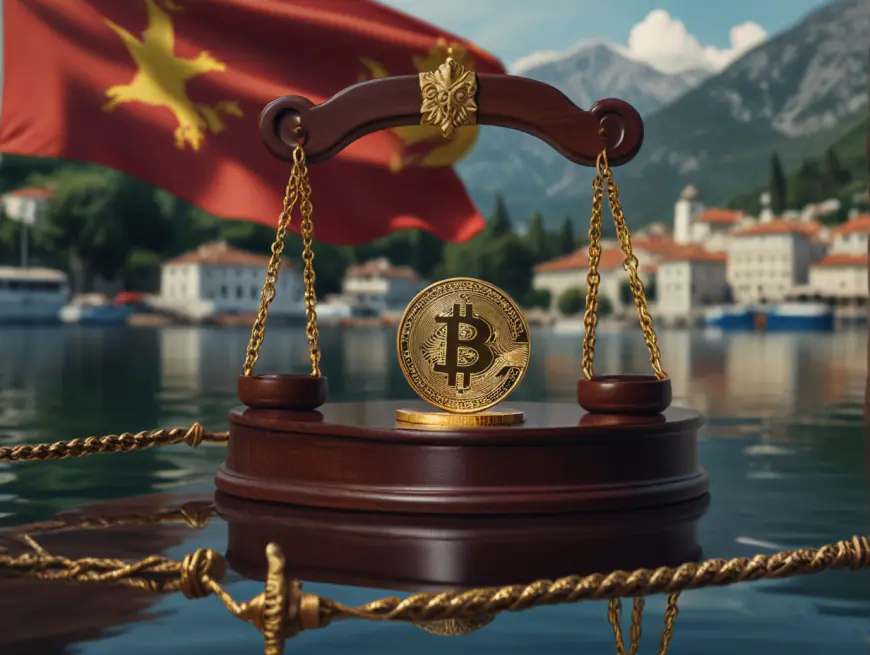Terraform Co-Founder Battles Extradition in Montenegro
Do Kwon, a co-founder of Terraform Labs, is appealing a high court ruling in Montenegro that could result in his extradition to the US or South Korea. The lengthy judicial proceedings span several months and entail complex disagreements on procedural compliance and legal interpretations. Do Kwon battles extradition in Montenegro court The high-stakes legal drama […]

Do Kwon, a co-founder of Terraform Labs, is appealing a high court ruling in Montenegro that could result in his extradition to the US or South Korea. The lengthy judicial proceedings span several months and entail complex disagreements on procedural compliance and legal interpretations.
Do Kwon battles extradition in Montenegro court
The high-stakes legal drama between Terraform Labs Co-founder Do Kwon and Montenegrin courts took place in a trial that attracted the attention of the international crypto world. Kwon is resisting the Montenegrin lower court’s decision, possibly leading to his extradition to the U.S. or South Korea. The legal procedure has been running for a few months and is very complex. It has been done based on legal interpretation and procedural compliance.
However, the dispute started when the Supreme Court invalidated a ruling that ratified the lower court’s ratification of Kwon’s extradition order. This added another obstacle to overcome by Milović, who was ready to act and give his final verdict.
This act occurred soon after the Supreme State Prosecutor’s Office tripped the “protection of legality” measure, which intended to re-evaluate the legality of the extradition process. Since the lawyers Goran Rodic and Marija Radulovic have recently appealed the High Court of Bosnia’s unjustified and illegal verdict, the defense team led by them will most certainly continue the fight.
Case challenges Montenegro’s judicial integrity
The court records show that the party’s defense consisted of the court’s criticism for the reason that, as the party’s lawyers put it, for a “fantastic” or an even “mockery” interpretation of the Law on the International Legal Assistance in Criminal Matters.
They maintain that the matter was manipulated in favor of the Minister of Justice for reasons other than ethical, which magnifies the intricacies of the trial proceedings. The defense contends that the courts create unworkable legal rules in favor of the Minister of Justice. Yet, they claim that this situation undermines the integrity of the judicial process.
This case also leads to the serious question about the role of national courts in transnational extradition proceedings and the difference in the jurisdiction where several countries are mentioned.
As the lawyers highlight, there are inconsistencies in the interpretations of international treaties and, in particular, a lack of an exact criterion for which country has sufficiently valid grounds to extradite a criminal element from another country.
However, defense counsel does not consider these problems technical but rather raises troubles in the interpretation and application of extradition laws in Montenegro. Thus, while Montenegro’s national judicial system entangles itself in a mesh of national and international law, eyes worldwide will closely watch over the final verdict, which will most likely set a line far beyond Montenegro’s boundaries.
.
What's Your Reaction?









































































































